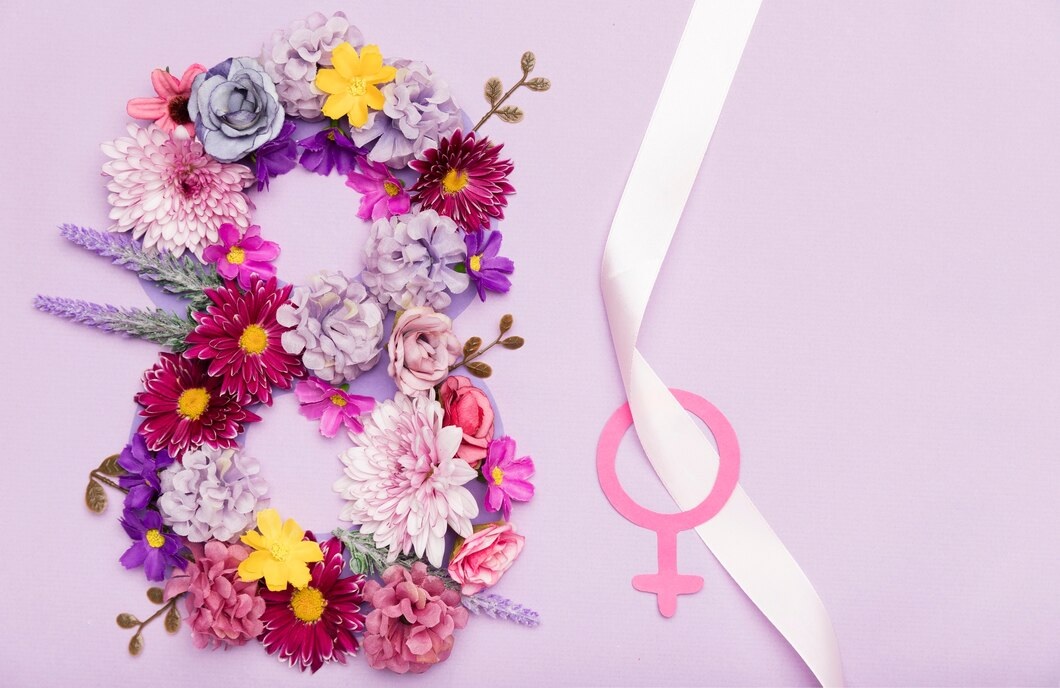Womens Day in Germany From Socialist Roots to Modern Celebrations
The Origins: A Socialist Call for Equality
Germany has played a significant role in shaping International Women's Day (IWD) as we know it today. The roots of this day trace back to the early 20th century when Clara Zetkin, a German socialist and women's rights activist, proposed the idea of an international day dedicated to the fight for gender equality. In 1910, at the International Socialist Women's Conference, Zetkin advocated for a day where women worldwide could rally for voting rights, better working conditions, and social justice.
By 1911, Germany celebrated its first Women's Day, with thousands of women marching for suffrage and labour rights. The movement gained momentum, intertwining with the broader struggles for democracy and social progress. However, the rise of fascism in the 1930s temporarily suppressed these efforts. It wasn't until after World War II that Women's Day re-emerged as a symbol of equality, especially in East Germany, where socialist policies promoted gender parity in the workforce.

Women's Day in East and West Germany
Before reunification, Germany was divided into two ideological spheres—East and West Germany, each with its approach to gender equality.
1. Women's Day in East Germany (GDR)
Under the socialist regime of the German Democratic Republic (GDR), Women's Day was an official holiday. Women were recognized for their contributions to the workforce, often receiving flowers and small gifts from colleagues and employers. However, this recognition was more symbolic than transformative, as women still carried the dual burden of employment and household responsibilities.
2. Women's Day in West Germany (FRG)
In contrast, West Germany (Federal Republic of Germany, FRG) was influenced by more traditional gender roles. While feminist movements gained traction in the 1970s, pushing for reproductive rights, equal pay, and workplace inclusion, Women's Day was not widely recognized. Instead, Mother's Day was more commonly celebrated as a day to honour women.
With reunification in 1990, Germany inherited two contrasting legacies of gender equality, setting the stage for modern debates on feminism, work-life balance, and social justice.
How Women's Day is Celebrated in Germany Today
Women's Day in Germany has evolved into a day of activism, reflection, and celebration. While it is not a national public holiday, Berlin made headlines in 2019 by officially recognizing March 8 as a public holiday, making it the first German state to do so. Other states continue to observe the day through events, rallies, and discussions on women's rights.
1. Protests and Advocacy
Feminist groups organize marches, panel discussions, and awareness campaigns focusing on key issues like the gender pay gap, reproductive rights, workplace discrimination, and gender-based violence. The day serves as a reminder that while progress has been made, challenges remain.
2. Corporate Recognition
Many companies use Women's Day as an opportunity to promote diversity and inclusion, hosting workshops, leadership talks, and networking events for women in the workplace. Some businesses also offer employees time off to participate in Women's Day activities.
3. Gifting and Appreciation
While Women's Day is about empowerment, it is also a moment to appreciate the women in our lives. In Germany, it's common for friends, families, and workplaces to gift flowers and thoughtful presents to celebrate women's contributions.
At BunchesBaskets.de, we believe in making Women's Day extra special. Our beautifully curated floral arrangements and gift hampers are the perfect way to show appreciation for the inspiring women around you. Whether you want to surprise a colleague, friend, or family member, our gifts express gratitude and admiration in the most heartfelt way.
The Ongoing Fight for Gender Equality in Germany
Despite significant strides, gender equality in Germany is still a work in progress. Here are some of the major challenges women continue to face:
- The Gender Pay Gap: Women in Germany earn, on average, 18% less than men. Although progress has been made, the pay gap remains a persistent issue.
- Underrepresentation in Leadership: While Germany once had a female Chancellor in Angela Merkel, women remain underrepresented in boardrooms and political offices.
- Work-Life Balance Struggles: The expectation that women handle both professional careers and family responsibilities often leads to career stagnation or part-time work choices.
- Violence Against Women: Domestic violence and gender-based violence continue to be pressing issues that demand stronger policies and societal support.
Looking Ahead: The Future of Women's Day in Germany
As Germany moves forward, Women's Day will continue to serve as both a celebration and a call to action. The increasing focus on intersectional feminism ensures that issues affecting marginalized women—such as migrants, single mothers, and LGBTQ+ individuals—are included in the fight for equality.
Germany is gradually embracing a more progressive outlook, with younger generations advocating for equal opportunities and representation across all fields. As more women break barriers in politics, business, and social activism, the vision of true gender equality comes closer to reality.
Honouring Women Every Day
Women's Day in Germany is more than a historical marker—it is a living, breathing movement that continues to shape society. From the bold activism of Clara Zetkin to the modern struggles and victories of today, German women have shown resilience, courage, and leadership.
As we honour the achievements of women on this special day, let's also celebrate them in our daily lives. Whether through advocacy, support, or simple gestures of appreciation, every action counts.
Looking for the perfect way to make a woman in your life feel special? Explore BunchesBaskets.de's exquisite collection of floral arrangements and gift hampers—because every woman deserves to be celebrated, not just on Women's Day, but every day of the year.